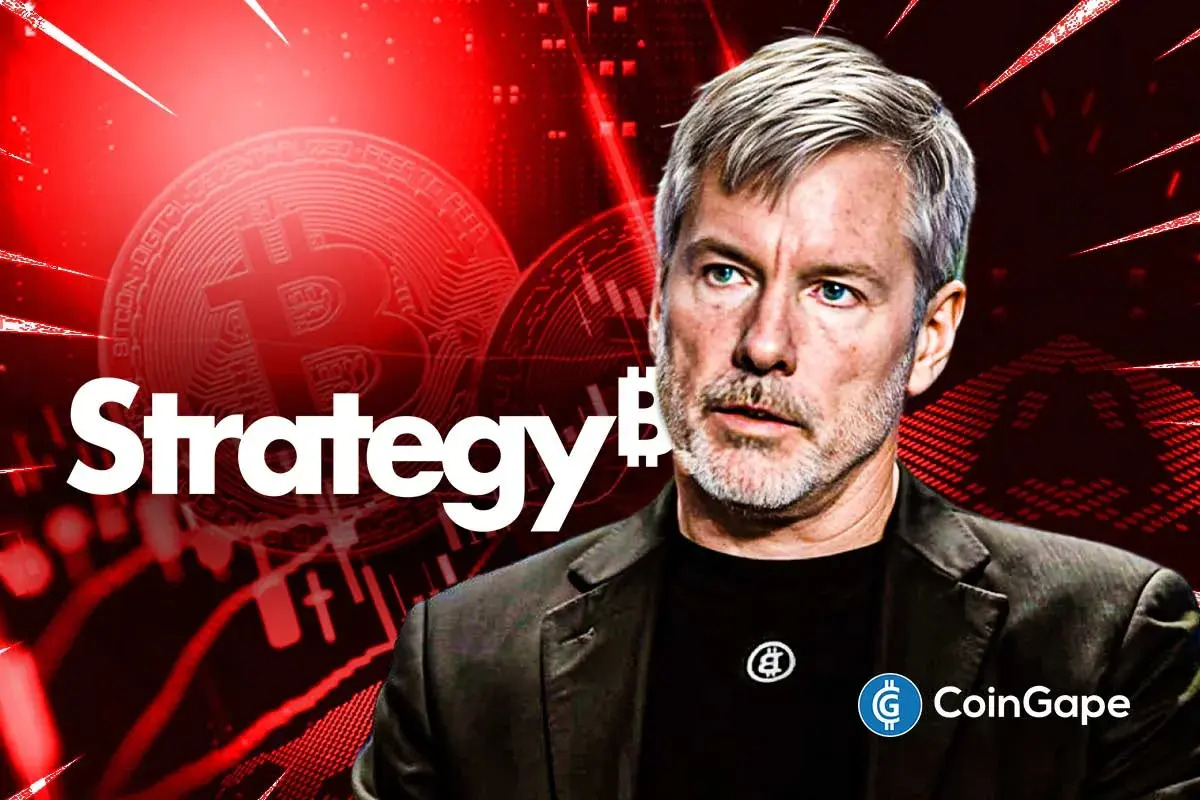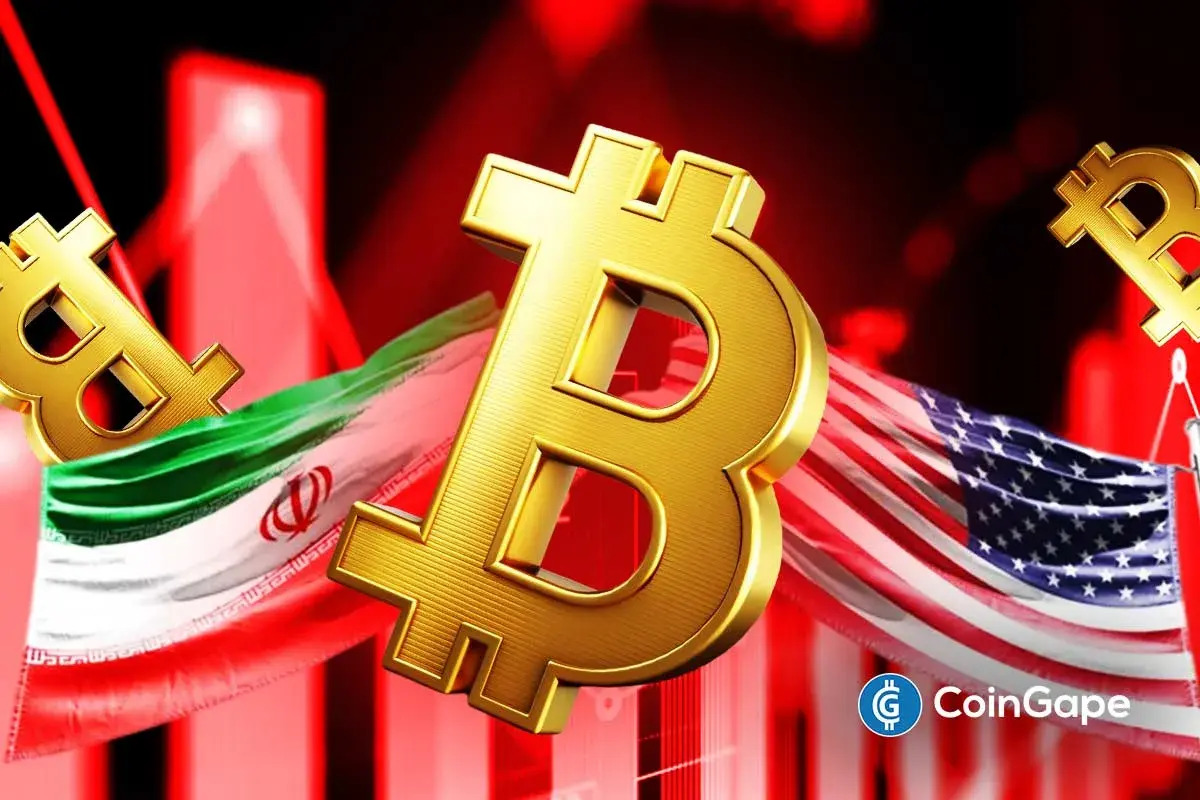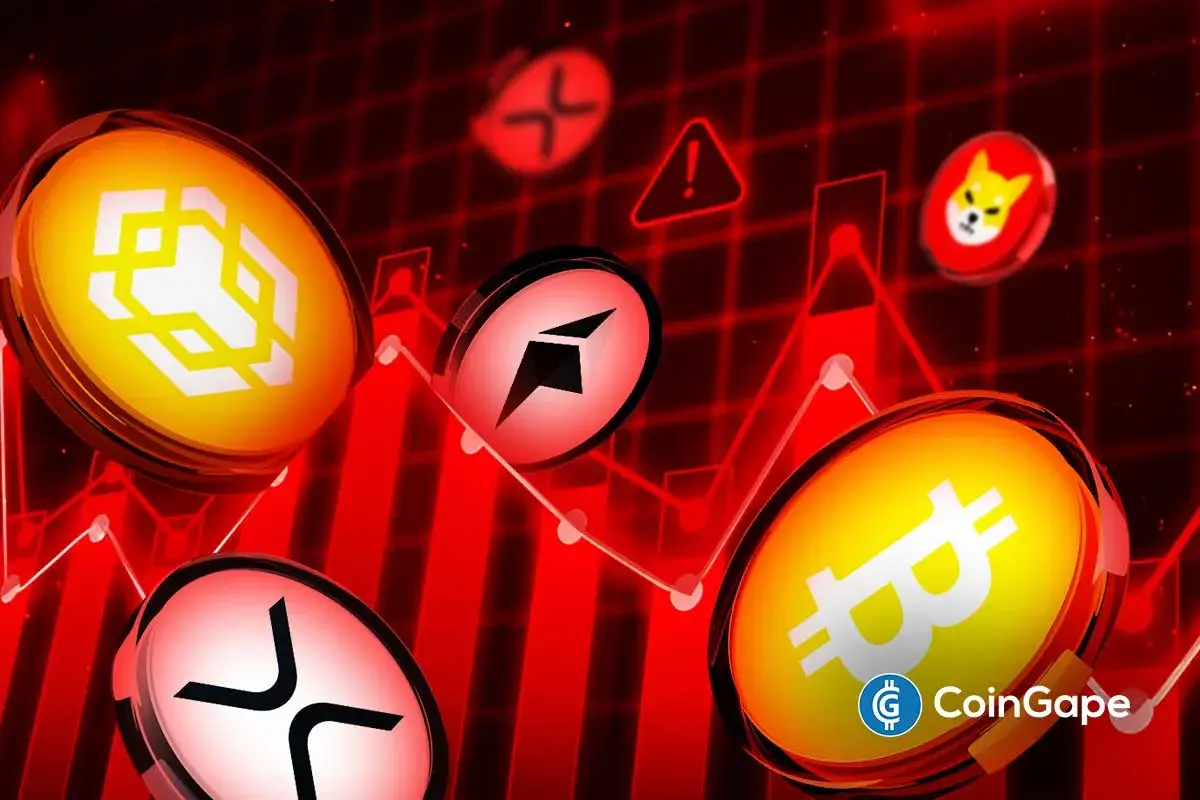Fake Microsoft Token Tanks 96% After $80M Hype Pump

Highlights
- A fake Microsoft token surged to a market cap of $80 million before crashing 96%.
- The project falsely claimed affiliation with Microsoft AI to attract investor hype.
- On-chain analysts warn it’s a classic crypto scam driven by fake branding and hype.
An allegedly bogus cryptocurrency that falsely claimed a link to Microsoft has crashed by 96% in under two days, wiping out nearly $80 million in value. The so-called Microsoft Token used the tech giant’s name and AI-related buzzwords to attract attention but has now been exposed as a large-scale crypto scam.
Fake Microsoft Token Unravels in $80M Crypto Scam
Earlier this week, the fake Microsoft token surged after promoting itself as a Microsoft-supported AI project. It quickly drew massive interest from retail investors, pushing its market cap past $80 million, despite having no real product or no roadmap, and no actual connection to Microsoft.
Blockchain analysts soon flagged the Microsoft coin. Several on-chain researchers found no trace of any official ties to Microsoft or its AI operations. Wallet data showed large purchases before the public launch, followed by a massive coordinated sell-off and a classic setup for a scam token.
Token Price Plummets After Brief Surge
The Microsoft token’s price dropped by 96% shortly after the early hype wore off, leaving many investors with heavy losses. Charts show a sudden surge followed by a steep fall, clearly pointing to a classic pump-and-dump setup.
The token’s website and Telegram group went offline soon after the sell-off. Hence, confirming suspicions that the project was a rug pull.
Rising Concerns Around Fake Crypto Projects
It’s tricky out there with several fake crypto tokens popping up, especially when they use familiar names to reel people in. The scammers are getting clever, mixing buzzwords like “AI” and “Web3” with viral social media hype and memes, which can really confuse newcomers.
On a different but related note, even crypto job offers are becoming a target for scams. Deribit, a big crypto exchange, recently posted a warning about ‘crypto job scams’ on X.
Scammers are posing as recruiters and offering attractive job opportunities specifically targeted towards people looking for work in the crypto space.
Just last week, we even saw a meme coin named after Eric Trump gaining traction on social media and in the crypto market. However, the red flags surrounding it suggest it could very well be another scam.
- OpenAI Introduces Smart Contract Benchmark for AI Agents as AI and Crypto Converge
- Goldman Sachs CEO Discloses Bitcoin Stake, Backs Regulatory Push Amid Industry Standoff
- FOMC Minutes Signal Fed Largely Divided Over Rate Cuts, Bitcoin Falls
- BitMine Adds 20,000 ETH As Staked Ethereum Surpasses Half Of Total Supply
- Wells Fargo Predicts Bitcoin Rally on $150 Billion ‘YOLO Trade’ Inflow
- BMNR Stock Outlook: BitMine Price Eyes Rebound Amid ARK Invest, BlackRock, Morgan Stanley Buying
- Why Shiba Inu Price Is Not Rising?
- How XRP Price Will React as Franklin Templeton’s XRPZ ETF Gains Momentum
- Will Sui Price Rally Ahead of Grayscale’s $GSUI ETF Launch Tomorrow?
- Why Pi Network Price Could Skyrocket to $0.20 This Week
- Pi Network Price Beats Bitcoin, Ethereum, XRP as Upgrades and Potential CEX Listing Fuels Demand


















